When it comes to vehicle maintenance, one crucial question that people continue to ask is, how long should my tires last? Understanding this is essential for both safety and budgetary reasons, and getting the maximum tire life.
While it does differ among tire manufacturers, tires tend to last from three to six years as the average American drives their cars from 12,000 – 15,000 miles per year, according to Bridgestone. If your tire age is over six years old, it is time to replace them. With that, there are several factors that contribute to the health and longevity of your tires, and help provide safety on the road. Factors include:
- Basic maintenance
- Tire Brand
- Tires rotated
- Driving safety
- Wheel Alignment
- Tread Depth
- Vehicle weight
- Regular inspections
- Tire Type
Basic Maintenance
One of the most critical factors in maximizing tire lifespan is maintaining proper inflation levels. Underinflated or overinflated tires can lead to uneven wear and reduced fuel efficiency. Regularly check your tire pressure using a reliable gauge and inflate them to the manufacturer’s recommended levels. Remember to check the air pressure levels when the tires are cold, as heat from driving can affect the readings.
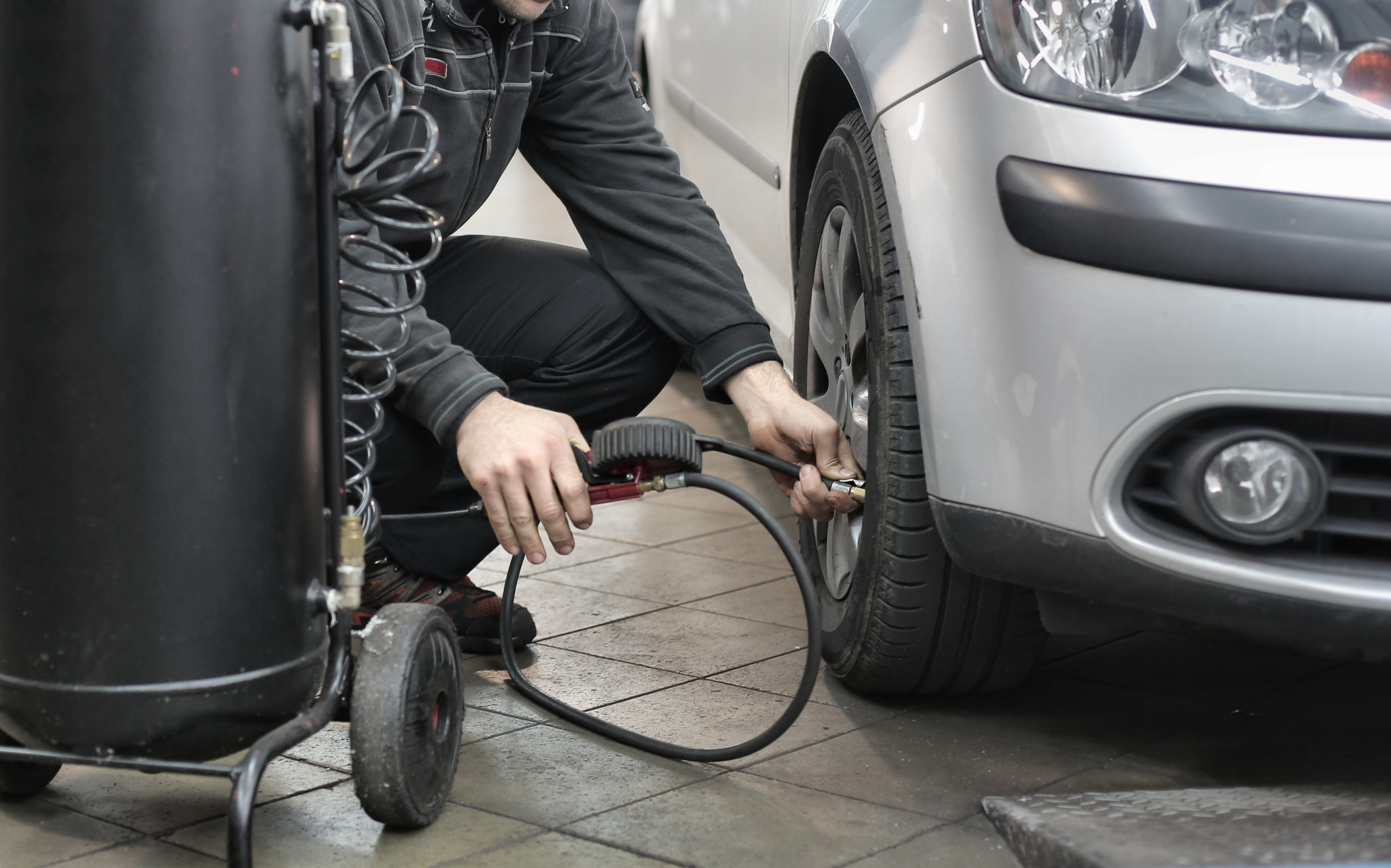
Tire Brand
The tire manufacturers, or brand, you purchase is a major decision in how long tires last. Choosing a recognizable brand, with a higher mileage warranty, offers more reliability compared to a brand you have never heard of. While it is tempting to go for the cheaper option on a tire manufacturer you have never heard of, that often leads to more problems as tires tend become worn out quicker, leading to premature wear.

Rotate Your Tires Regularly
Rotating your tires is crucial for promoting even wear across all wheels. Regular rotation helps distribute the stress and load evenly, ensuring that no single tire wears out faster than the others. Follow the manufacturer’s recommendations for rotation intervals, typically every 3,000 to 5,000 miles. If you’re unsure, consult your vehicle’s owner’s manual or seek advice from a trusted tire professional.
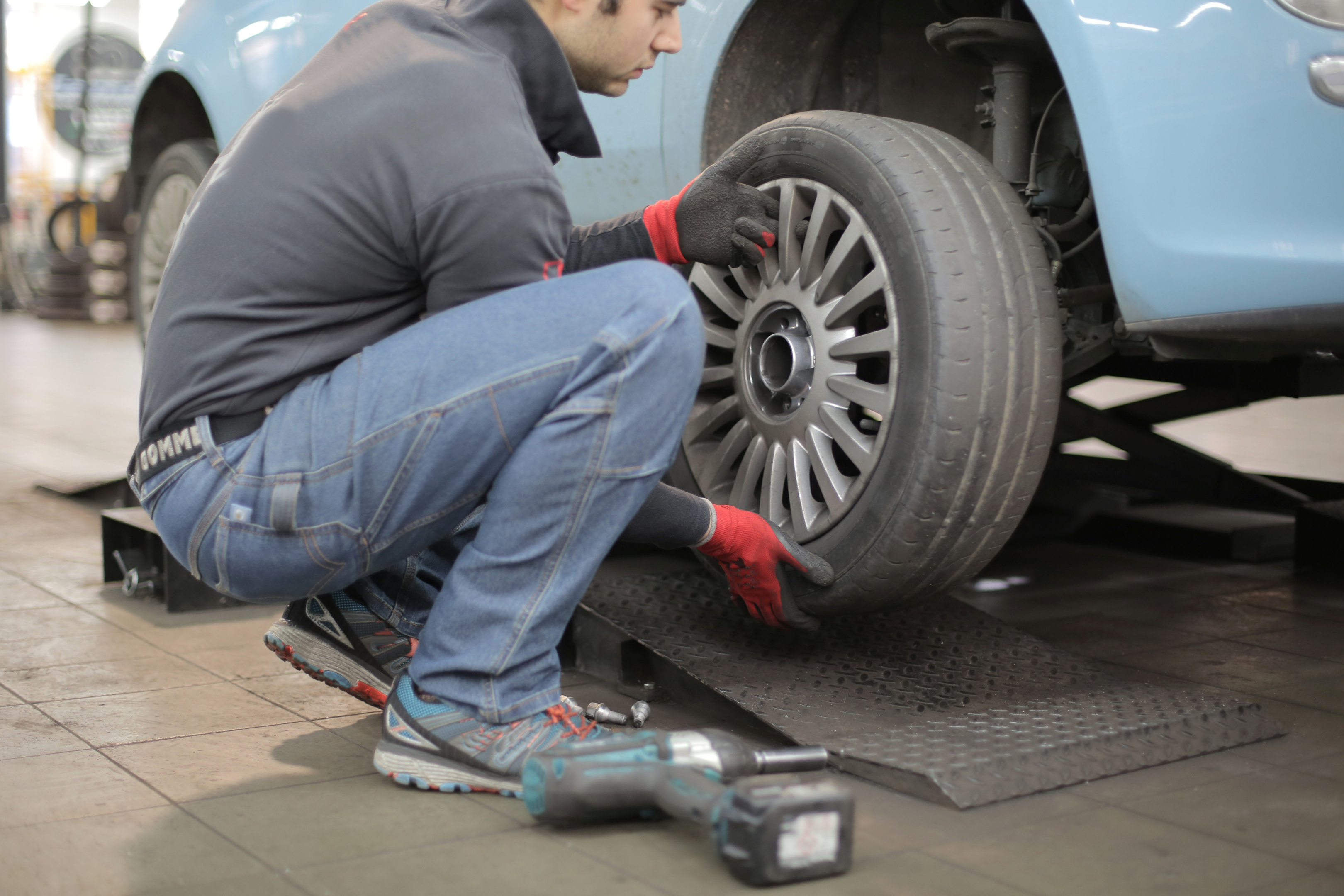
Driving Safety
Adopting defensive driving habits not only enhances your safety but also reduces unnecessary wear on your tires. Avoid aggressive driving such as high acceleration, sudden braking, and hard cornering, as these actions can put excessive strain on the tires. Maintain a safe distance from other vehicles, anticipate road conditions, and drive smoothly to minimize tire stress and maximize their lifespan. Your driving style becomes a crucial factor as to the wear, and how long your tires last.

Wheel Alignments
Proper wheel alignment ensures that your tires make optimal contact with the road. Misaligned wheels can lead to uneven wear patterns, decreased fuel efficiency, and compromised handling. Drivers should have their alignment checked, and schedule any adjustments, at least once per year, especially after hitting potholes or curbs. Proper alignment helps distribute the workload evenly across the tires and extends their lifespan. Ignoring wheel alignments can cause problems with your suspension, leading to uneven wear.
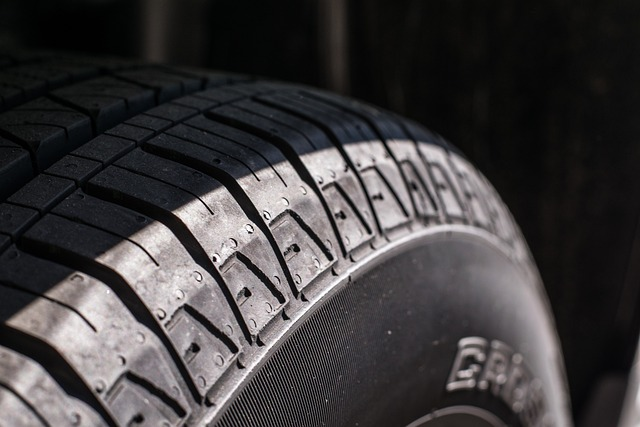
Tread Depth
Monitoring your tire tread depth is crucial for knowing when they require replacement. Insufficient tread depth reduces traction and compromises your vehicle’s safety, particularly on wet or slippery surfaces. Use a tread depth gauge or the “penny test” to check the tread depth. New tires tend to come with a tread depth anywhere between 10/32 to 12/32, so if the tread wears down to 2/32 of an inch or less, it’s time to replace your tires.
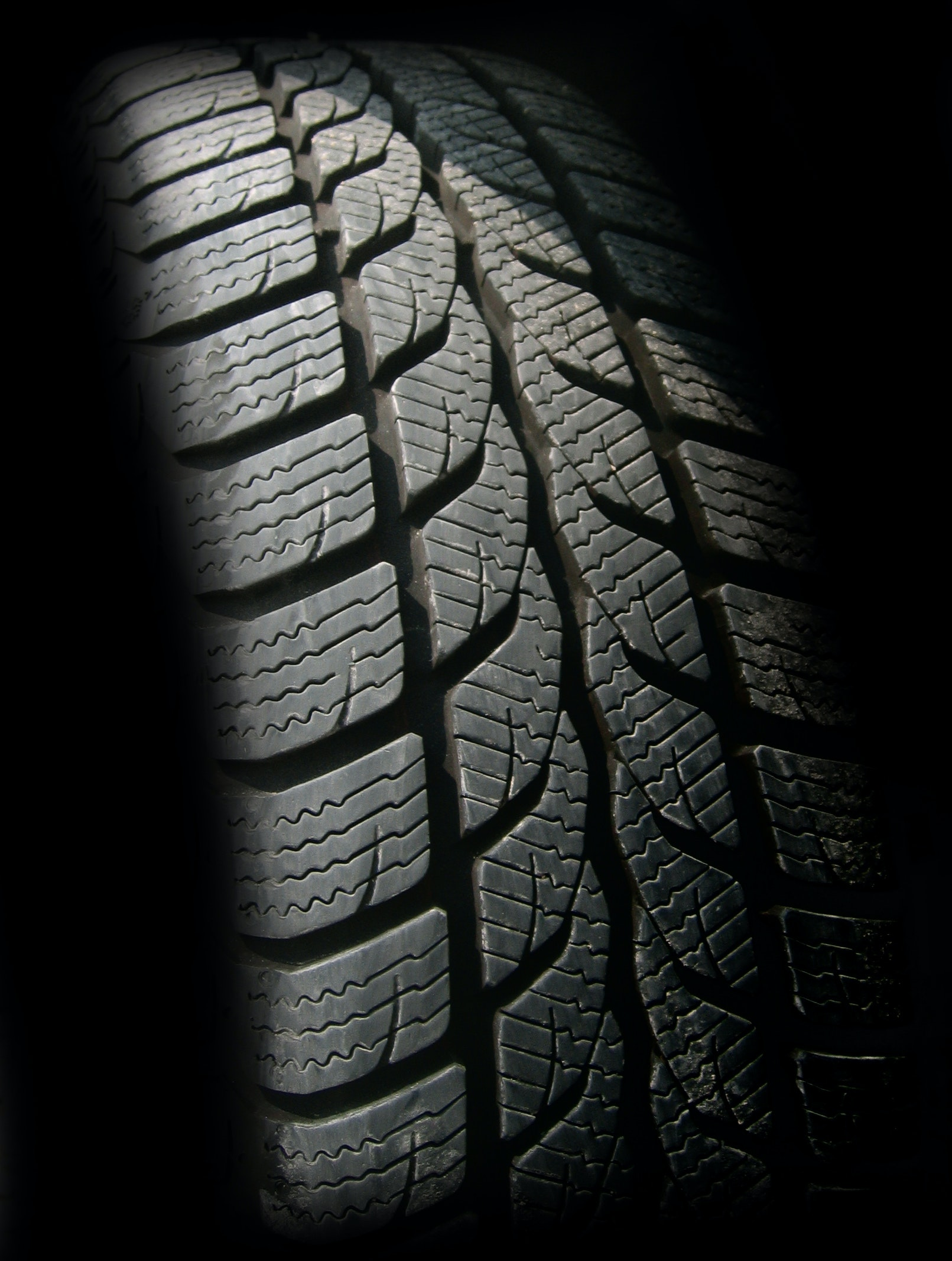
Vehicle Weight
Excessive weight places undue stress on your tires, leading to accelerated wear and reduced lifespan. Check your vehicle’s load capacity in the owner’s manual and avoid exceeding it. Distribute heavy items evenly throughout the vehicle, and consider removing unnecessary cargo when not needed. By keeping the load within the recommended limits, you minimize strain on the tires and extend their lifespan.

Tire Inspection
Perform visual inspections of your tires regularly to identify signs of wear, damage, or irregularities. Look for any cracks, bulges, or cuts on the sidewalls, as these can indicate tire weakness. Check for uneven tread wear, which may indicate alignment or suspension issues. Additionally, inspect for embedded objects, such as nails or stones, which can cause punctures. Another major factor in the long term health of your tires is dry rot. Finding dry rot in your tires, or cracking, is a sure sign that it is time to replace your tires, as ignoring this can damage the overall health of the rubber. Promptly address any issues you notice and seek professional assistance if needed.

Tire Type
Even though they are all round and are built of rubber compounds, not all tires are the same. There are a variety of tires you can have on your vehicle such as all season, winter tires, mud tires, all terrain, performance, slicks, and more. All season tires are built to last the longest, with mileage warranties from 40,000 to 90,000, depending on brand. While snow tires are strictly meant to be driven in the winter, due to the softer compound. Performance tires have a shorter life span, but built to provide stronger handling for sports cars. Vehicle owners choose a specific tire that is meant for their vehicle, and lifestyle.

Conclusion
Maximizing the lifespan of your tires involves adopting good maintenance practices and safe driving habits. You should always check your owners manual for tire information for your specific vehicle. By following these seven effective strategies—maintaining proper tire inflation, finding the right brand, regular rotation, practicing defensive driving, performing wheel alignments, monitoring tread depth, avoiding overloading, conducting regular inspections, and choosing the right tire type will prevent premature tire wear, and provide the maximum life for your tires.

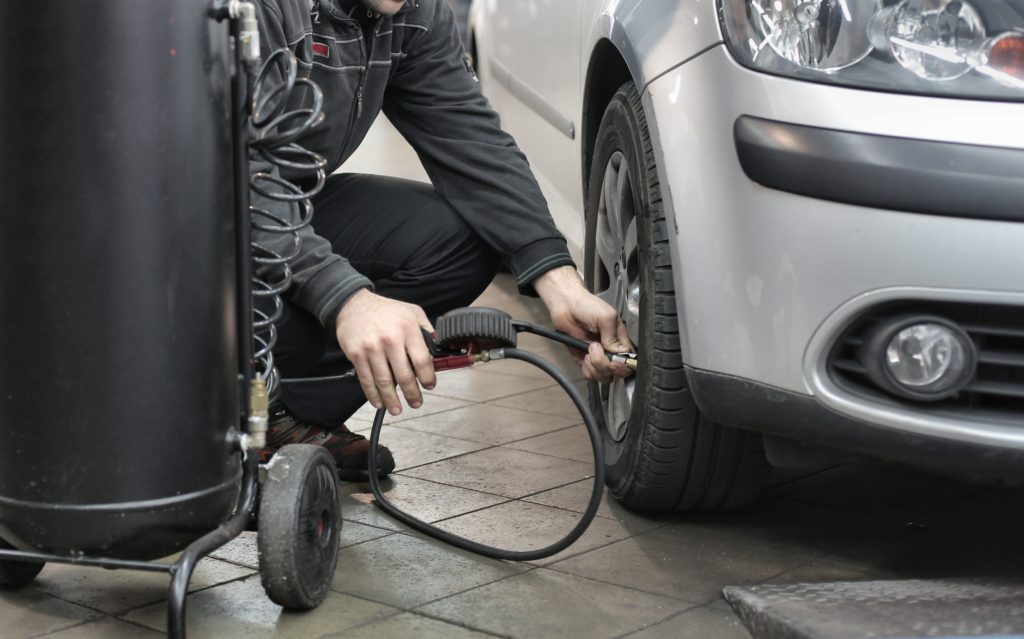
Pingback: why Tire Rotation and Alignment is important - Your Tire Guy